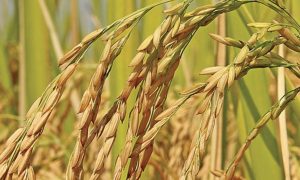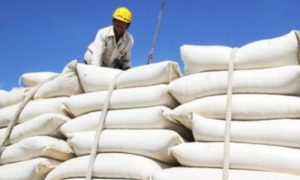Pakistan Grants Approval for Cultivation of GM Sugarcane

Pakistan’s Technical Advisory Committee of the Environment Protection Agency has approved the commercialization of two GM sugarcane varieties developed by the University of Agriculture, Faisalabad. These high-yielding varieties, one with insect resistance (CABB-IRS) and the other with herbicide tolerance (CABB-HTS), aim to boost Pakistan’s sugarcane production, currently at 45-50 tons per hectare, below the global average of 60 tons. This is Pakistan’s first GM food crop approval.
Pakistan‘s Technical Advisory Committee of the Environment Protection Agency released commercialization approvals for two high-yielding sugarcane varieties developed by experts from the University of Agriculture, Faisalabad.
While sugarcane meets a significant 70% of global sugar demand and holds promise as a key bioethanol source, Pakistan ranks 5th in sugarcane cultivation but only 11th in worldwide production. Pakistan’s sugarcane yield falls short of the global average, averaging only 45-50 tons per hectare compared to the worldwide standard of around 60 tons per hectare. This gap in production is likely due to factors like weeds and insect pests. Thus, the two GM sugarcane varieties address the primary concerns of farmers. One of the GM sugarcane varieties has an insect resistance trait (CABB-IRS) and the other one with herbicide tolerance trait (CABB-HTS).
Following the approval of Bt cotton, primarily used for animal feed and oil extraction, sugarcane became the second genetically modified crop allowed for cultivation in Pakistan. Notably, it’s the first GM food crop adopted in the country.
Source Link: https://www.isaaa.org/kc/cropbiotechupdate/article/default.asp?ID=20868














